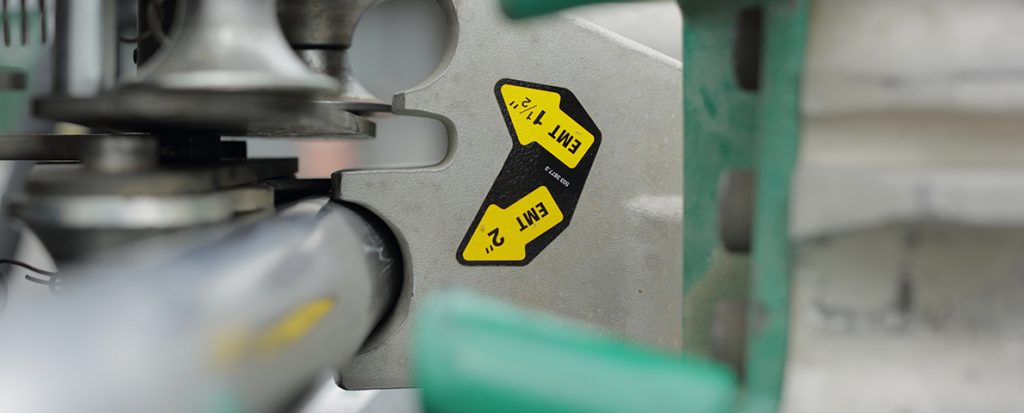There are different types of electrical conduit, designed to meet different needs. American Conduit has about a million pounds of aluminum electrical conduit in stock, so we can take care of whatever conduit fits your specific application. Not only do we have every size of conduit on hand, we also have more than 20 warehouses across the United States. We’ll get your product to you efficiently, so you won’t have to deal with the frustration and expense of downtime.
Why Buy From Us?
 American Conduit has been in business for more than four decades. We’re a product brand of Hydro, the world’s largest extruder of aluminum. As a result, we have an almost limitless supply of conduit, in a wide variety of diameters and lengths. Companies in many different types of businesses rely on our conduit on a regular basis. We’re proud to count coal mining operations, telecommunications companies, wastewater treatment facilities, paper mills, pulp mills, and many others among our clients.
American Conduit has been in business for more than four decades. We’re a product brand of Hydro, the world’s largest extruder of aluminum. As a result, we have an almost limitless supply of conduit, in a wide variety of diameters and lengths. Companies in many different types of businesses rely on our conduit on a regular basis. We’re proud to count coal mining operations, telecommunications companies, wastewater treatment facilities, paper mills, pulp mills, and many others among our clients.
These are just some of the reasons why you should consider purchasing your aluminum conduit from us.
- We use the most efficient, up to date technologies to produce our conduit, ensuring a steady supply of products will always be available.
- Since we extrude and thread our conduit in-house, we can help save you a great deal of money.
- All of our quality control systems exceed stringent industry standards.
Aluminum Rigid Metal Conduit and Electrical Metallic Tubing
Rigid metal conduit (RMC) is a tough, durable form of conduit that can stand up in just about any sort of environment. RMC conduit has thick walls, helping to protect delicate wiring from issues such as impact, moisture, chemicals and more. It also protects surrounding equipment from potential electromagnetic interference from the wiring inside the conduit.
Electrical metallic tubing (EMT), on the other hand, is much thinner and more pliable than RMC. Because of this, it’s much lighter and easier to maneuver. This makes it perfect for indoor installations. There are, however, some instances where you can use EMT outside – you just have to make sure the fasteners, fittings and supports you use are resistant to corrosion.
Why Aluminum?
There are two main types of metal that are used when producing both RMC and EMT – steel and aluminum. Here are just some of the many reasons why aluminum is the better choice.
- Aluminum won’t emit sparks, making it safe for use in volatile environments. Steel, on the other hand, can be extremely dangerous when installed near flames and flammable gases.
- Since aluminum is only about one-third the weight of steel, it costs much less. But the savings go much further than just materials. Because it’s so much lighter, it doesn’t take nearly as many people to move and install aluminum conduit.
- Aluminum won’t corrode over time like steel will. It has a natural coating that protects it from corrosion. Steel eventually degrades, unless it has a special – and expensive – coating.
- Because of its anti-corrosive properties, aluminum is great for areas where there are chemicals and moisture. One prime example is a food processing plant.
Ready to Learn More?
Get in touch with the experts with American Conduit can tell you more about the different types of electrical conduit, and why aluminum is the better alternative to steel. Call 1 (800) 334-6825 or use our convenient online form for more information.

